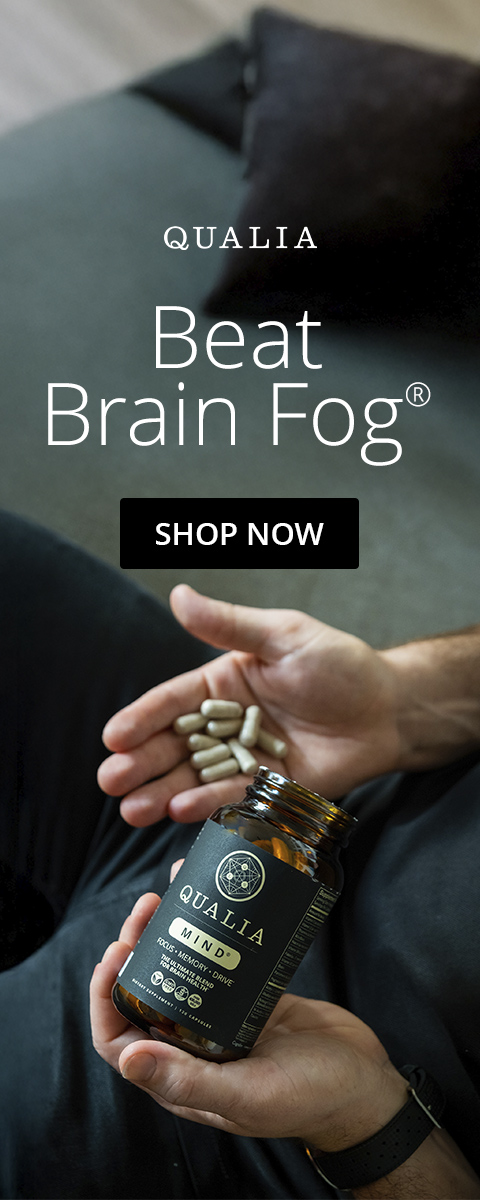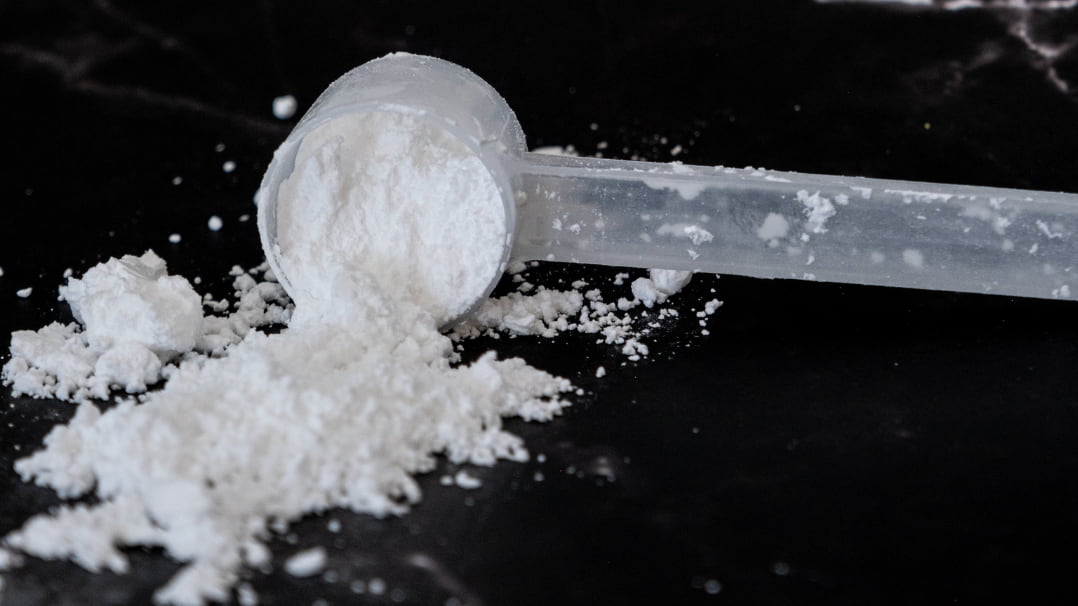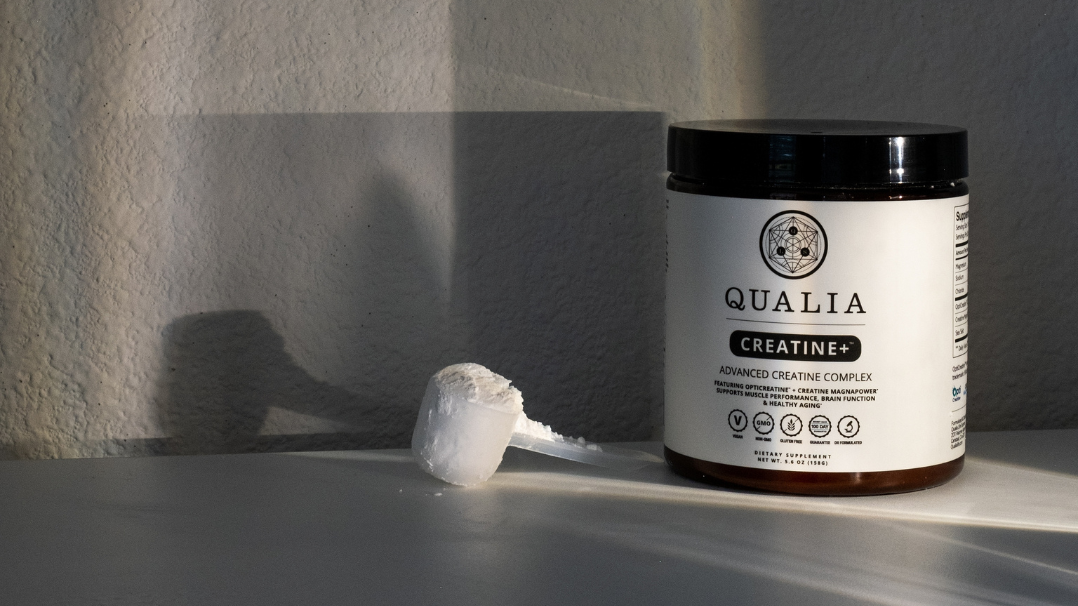What is Phosphatidylserine?
Phosphatidylserine can be quite a mouthful when trying to say it, so it’s probably easier to go with its abbreviation: PS. PS was discovered back in 1941 by Jordi Folch and Howard A. Schneider and first grew in popularity in Europe. Thanks to clinical trials conducted in Italy, word of its effectiveness at memory enhancement quickly spread to the rest of the world, leading to its current state as a much sought after nootropic.
PS is an aminophospholipid and amino acid derivative which is produced naturally within the body. In fact, it’s a phospholipid which makes up a sizable portion of the human brain. It should be noted, however, that while the body can produce PS on its own, most of it comes from our food.
Unfortunately, the modern diet often doesn’t contain enough PS. Unless you consistently have a large helping of Phosphatidylserine foods such as Atlantic mackerel, chicken heart, soy lecithin, bovine brain, and Atlantic herring, chances are you’re going to need to get your PS from a supplement. PS also acts as a signaling agent for apoptosis, which is a standard process of cell death that is necessary for an organism to grow and develop.
5 Foods High in Phosphatidylserine
Soy Lecithin

Soy lecithin is a powerhouse of phosphatidylserine, a nutrient essential for maintaining optimal brain health and memory. Extracted from soybeans, it’s a versatile addition to your diet. Available in granules or capsules, it can be sprinkled on smoothies or salads for a brain-boosting treat. Its plant-based origin makes it a favorite for those seeking natural, sustainable dietary solutions.
Organ Meats

Organ meats, like beef and chicken liver, pack a serious nutritional punch. Rich in phosphatidylserine and other brain-supporting nutrients, they’re a smart choice for boosting cognitive function. Incorporate these savory cuts into meals like pâtés or stews for a flavorful way to nurture your mind and body. Their dense nutrient profile makes them a go-to for anyone prioritizing brain health.
Mackerel and Other Fatty Fish

Mackerel and other fatty fish, such as salmon and herring, are loaded with phosphatidylserine and omega-3 fatty acids, making them a brain-boosting superfood. These delicious fish not only support memory and focus but also promote heart health. Grill or bake them for a tasty, nutrient-packed meal that fuels your mind and body with every bite.
White Beans

White beans, including cannellini and navy beans, offer a plant-based source of phosphatidylserine that’s perfect for vegetarians. These mild, creamy beans are easy to add to soups, salads, or dips, providing a satisfying way to support your brain health. Packed with fiber and nutrients, they’re a delicious, multitasking addition to your diet.
Egg Yolks

Egg yolks are a rich source of phosphatidylserine, alongside choline and other nutrients that enhance brain function. Their versatility makes them an easy addition to your meals, whether you enjoy them scrambled, poached, or in your favorite dishes.
Benefits of Phosphatidylserine
PS is a nootropic that has been the subject of a large number of studies intended to take a closer look at the variety of phosphatidylserine benefits. Some of these benefits stand out as particularly strong.
Helps With Stress
Optimizing your mood may mean using PS in large part due to phosphatidylserine’s relationship to cortisol. Cortisol is often referred to as the “stress hormone” partly because it is involved in the body’s response to stress. PS may play a role in reducing cortisol in your body, thus having a positive benefit on your stress levels. That goes for physical stress, like the kind you would experience from exercise, but PS also has an impact on reducing mental stress in social situations.
Aids in Cognitive Enhancement
PS may have some neuroprotective properties, which can help people enhance their cognition. This can come in several different forms, most prominently in the learning process. With PS as part of the diet, one study has shown that people may be able to increase the rate at which they make calculations while also improving their overall accuracy in getting correct information. Sometimes these benefits are most noticeable when people are tired, or when they are about to engage in a physical activity such as exercise. By extension, this may indicate that taking PS is something athletes would want to look into, though non-athletes can certainly benefit as well.
Benefits Memory
In the realm of memory, research has suggested that PS could help with the symptoms of cognitive decline, primarily helping people recall information more quickly. Part of what may explain this benefit is the nutrient’s role in the production of acetylcholine, basically increasing the amount found in the body. Increased quantities of acetylcholine may help to enhance memory. In fact, this particular increase may help in other areas, such as improved learning and greater accuracy.
Phosphatidylserine Works Well With Other Supplements
Phosphatidylserine may also help to enhance other supplements which positively impact the brain. One great example of an excellent brain supplement is curcumin, a compound extracted from turmeric. Curcumin works by increasing the flow of blood to your brain while also increasing the production of dopamine and serotonin. One problem curcumin has, though, is that it’s difficult to absorb. That’s where PS can help with your supplementation. Taking PS helps to enhance curcumin’s biolavailability, meaning more of it gets used. PS also works well with other nutrients like Ginkgo biloba and fish oil.
Taking Phosphatidylserine Supplements
PS is a natural compound, so it’s a safe nootropic recommended for inclusion in any diet. PS has been found to provide some excellent benefits for your brain, such as improving memory, helping with stress, and enhancing one’s learning ability. Combine these with its beneficial relationship with other supplements, and PS demonstrates its high value with ease. That’s why it’s a key ingredient in Qualia Mind, a comprehensive nootropic designed to unlock your brain’s full potential. With Qualia Mind, you can experience the combined benefits of PS and other powerful compounds in one expertly crafted formula.
*These statements have not been evaluated by the Food and Drug Administration. This product is not intended to diagnose, treat, cure, or prevent any disease.








Kathryn